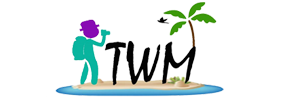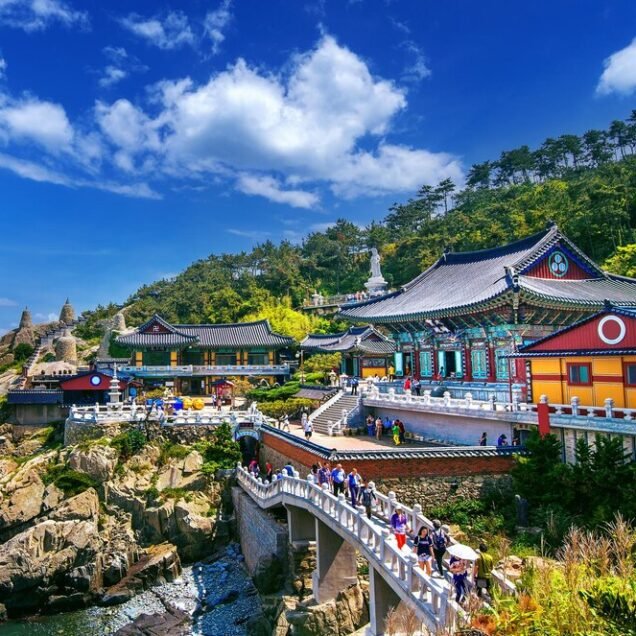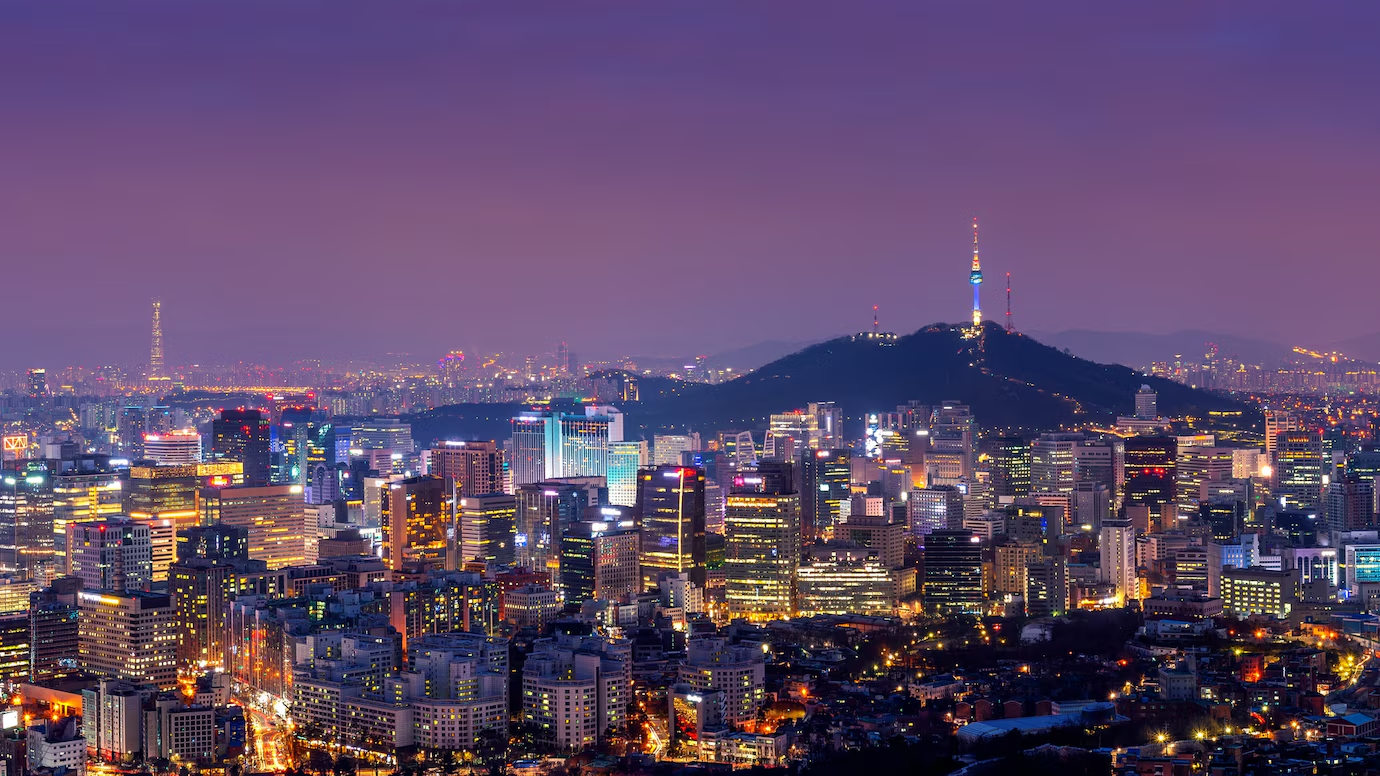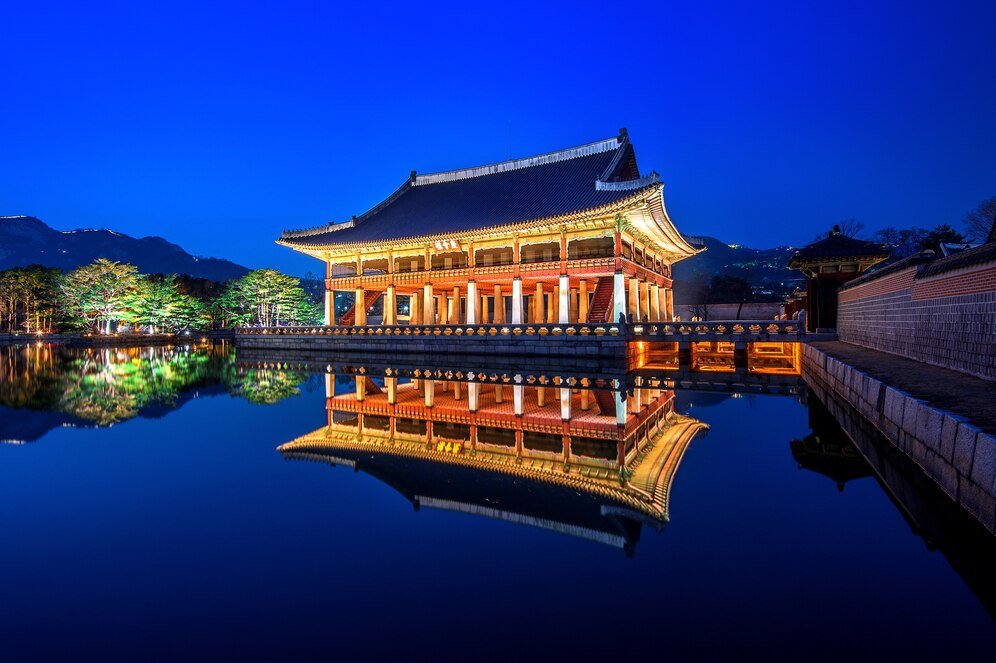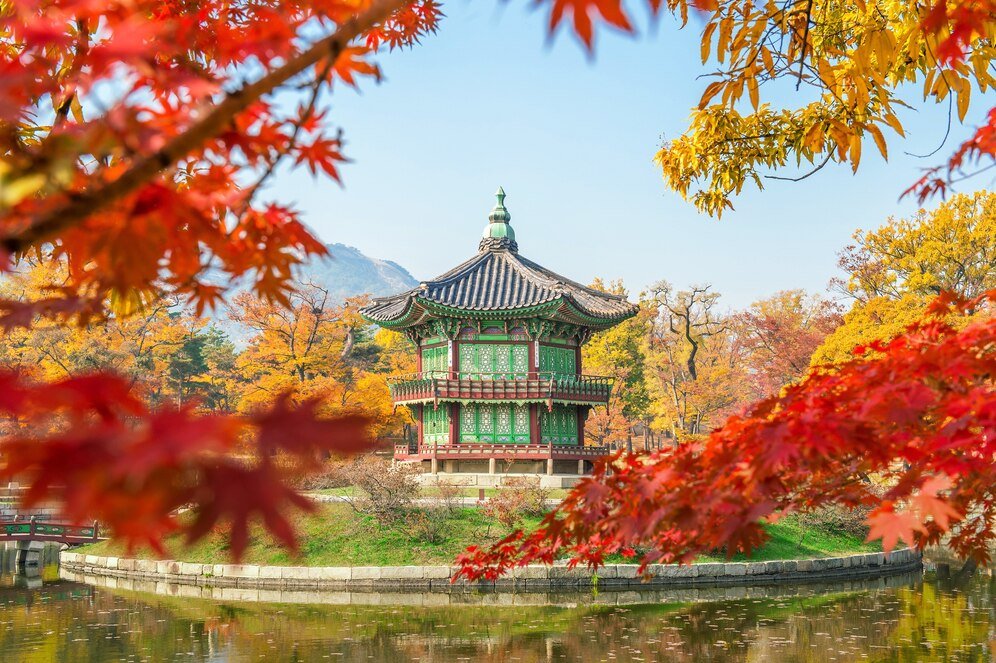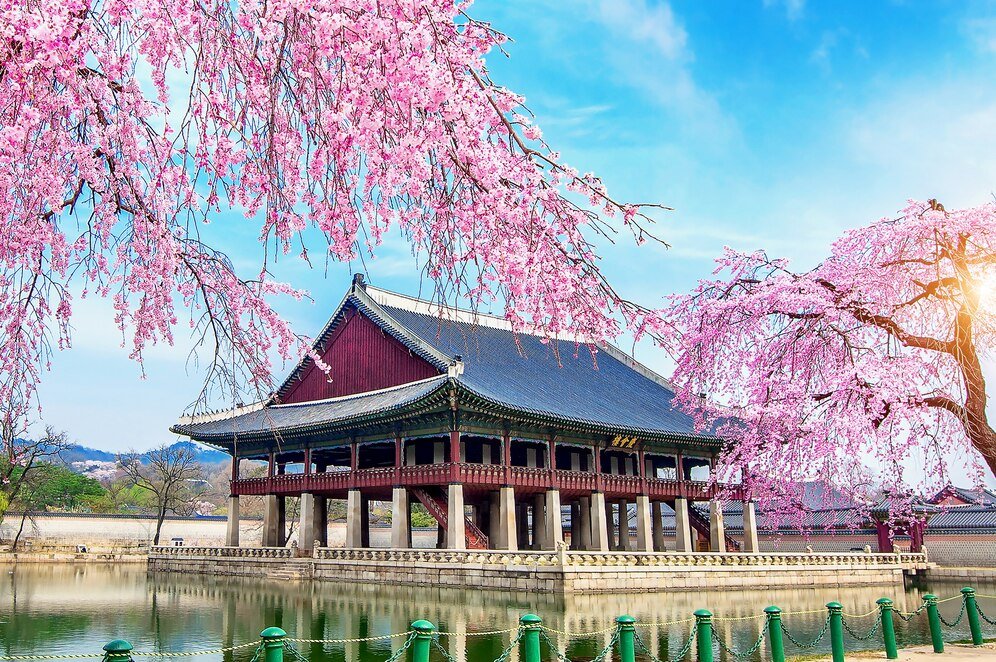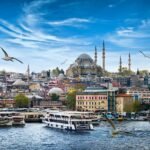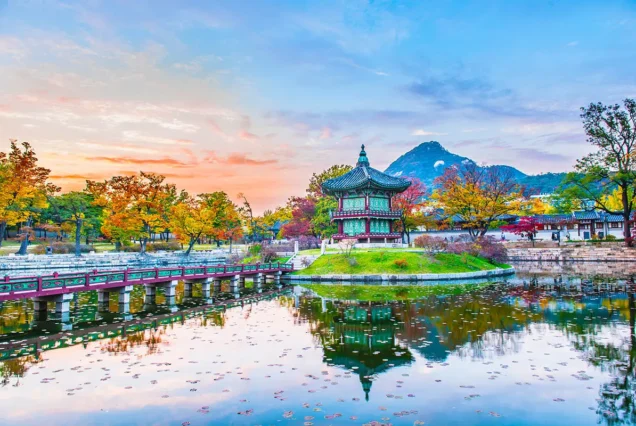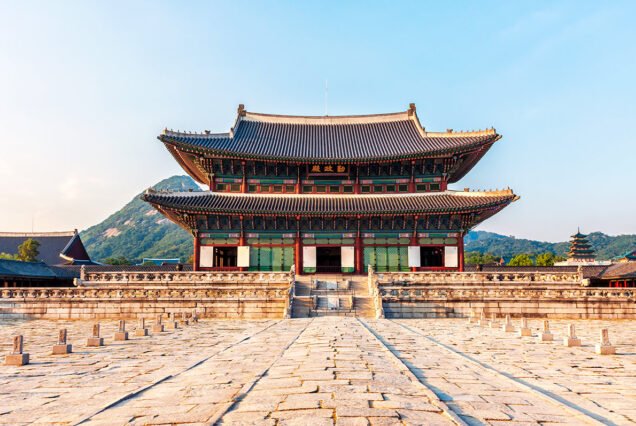Overview
Situated in East Asia, South Korea occupies the southern half of the Korean Peninsula, bordered by North Korea to the north, the Yellow Sea to the west, the Sea of Japan (East Sea) to the east, and the Korea Strait to the south.
Capital:
Seoul, a vibrant metropolis and one of the world’s most populous cities, serves as the political, economic, and cultural heart of South Korea.
Population:
Approximately 51 million people, with a diverse mix of urban and rural communities. The country boasts a high population density, particularly in major cities.
Language:
The official language is Korean, with its unique script, Hangul. English is commonly taught in schools and used in business.
Culture:
South Korea is known for its rich cultural heritage, blending traditional customs with modern influences. Key elements include:
Cuisine: Renowned for dishes like kimchi, bulgogi, and bibimbap. Korean barbecue and street food are also popular.
Entertainment: The K-pop phenomenon, Korean dramas, and films have gained international acclaim, contributing to the “Korean Wave” (Hallyu).
Festivals: Celebrations such as Chuseok (harvest festival) and Seollal (Lunar New Year) are significant cultural events.
Must-See Destinations
Seoul:
The vibrant capital city is a hub of culture, history, and innovation. Explore iconic landmarks such as:
Gyeongbokgung Palace: Discover the grandeur of this historical palace and catch the changing of the guard ceremony.
Bukchon Hanok Village: Stroll through narrow lanes lined with traditional hanok houses.
Myeongdong: Shop for the latest fashion trends and indulge in delicious street food.
Busan:
Known for its beautiful beaches and stunning coastline, Busan offers:
Haeundae Beach: Relax on one of Korea’s most famous beaches, perfect for sunbathing and water sports.
Gamcheon Culture Village: Explore this colorful hillside village filled with art, galleries, and cafes.
Jagalchi Fish Market: Savor fresh seafood and experience the local culture.
Jeju Island:
A tropical paradise, Jeju Island is famous for its natural beauty. Highlights include:
Hallasan National Park: Hike to the summit of South Korea’s highest mountain.
Seongsan Ilchulbong (Sunrise Peak): Witness breathtaking sunrises from this volcanic crater.
Jeongbang Waterfall: Marvel at the stunning waterfall that flows directly into the sea.
Gyeongju:
A city rich in history, often referred to as “the museum without walls.” Explore:
Bulguksa Temple: A UNESCO World Heritage site showcasing stunning architecture.
Seokguram Grotto: An exquisite Buddhist cave temple with a remarkable statue of Buddha.
Anapji Pond: A picturesque spot perfect for evening strolls.
Cultural Experiences
Culinary Adventures:
Dive into South Korea’s culinary scene with experiences like:
Korean BBQ: Grill your own meats at a local restaurant for an interactive dining experience.
Street Food Tours: Taste favorites like tteokbokki (spicy rice cakes), hotteok (sweet pancakes), and fish cakes in bustling markets.
Cooking Classes: Learn to make traditional dishes such as kimchi and bibimbap from local chefs.
Traditional Experiences:
Engage with South Korea’s rich heritage by:
Wearing Hanbok: Rent traditional clothing and explore palaces for a unique photo opportunity.
Tea Ceremonies: Experience the art of Korean tea in serene tea houses.
Festivals: Participate in seasonal festivals like the Cherry Blossom Festival in spring or the Boryeong Mud Festival in summer.
Practical Information for Travelers
Getting Around:
South Korea has an efficient public transportation system, including:
Subway: Extensive subway networks in major cities like Seoul and Busan make getting around easy.
KTX High-Speed Train: Travel quickly between cities, such as Seoul, Busan, and Gyeongju.
